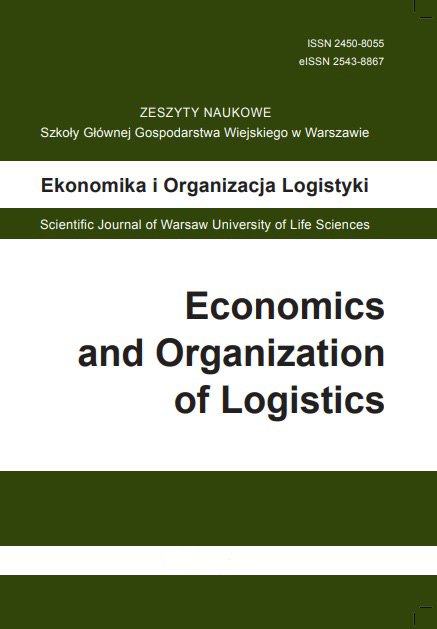A strategy map as a framework of a shared mental model for interactive control systems
A strategy map as a framework of a shared mental model for interactive control systems
Author(s): Michał Pietrzak, Joanna DomagałaSubject(s): Business Economy / Management, Management and complex organizations
Published by: Szkoła Główna Gospodarstwa Wiejskiego w Warszawie
Keywords: interactive control system; balanced scorecard; strategy map; mental model; organizational learning;
Summary/Abstract: Nowadays, companies operate in an extremely turbulent environment with conditions of substantial gaps in knowledge about future events (the Knigh- tian uncertainty). Therefore, there is a need for more flexible management con- trol systems. Referring to Simons’ levers of control (LOC) framework, now there is a need to use more extensively belief systems and interactive control systems that would enable the organizational learning process. The aim of this paper is to discuss the role of a strategy map as a framework of a shared mental model for interactive control systems in the context of increasing uncertainty. This article is a review-based study and suggests some preliminary proposals for further re- search. The review covers the literature on management control systems, levers of control (in the including of interactive controls), balanced scorecards, strategy maps, mental models, and organizational learning. The review is mainly qualita- tive; however, it is supported to some extent by quantitative bibliometric analy- sis. This co-word analysis applies VOSviewer v.1.6.17 software. The situation of increasing Knightian uncertainty calls for the more extensive use of interactive control systems. A strategy map fits this new demand - it enables understanding strategic assumptions, structuring the problems, discussing, and gaining know- ledge. Therefore, it facilitates innovations, organizational learning, and refining strategies in an ongoing process. A strategy map can be seen as a cognitive map- ping tool. It is a set of hypotheses that can be empirically tested through stra- tegy implementation, thereby enabling strategic learning (including so-called double-loop feedback learning). Such a double-loop learning mechanism allows for the iterative crafting of an organizational strategy that could be more resilient in a turbulent environment. To be the basis of an interactive control system, it is crucial for the “buy-in” of the strategy map by employees. Thus, there is a great role in the convergence of mental models of an organization’s members as a result of “strategic conversation”. The product of such an organizational lear- ning process is a common, shared mental model. This model must be developed, disseminated in the organization and accepted by employees, and then refined through active learning.
- Issue Year: 7/2022
- Issue No: 2
- Page Range: 67-96
- Page Count: 29
- Language: English

